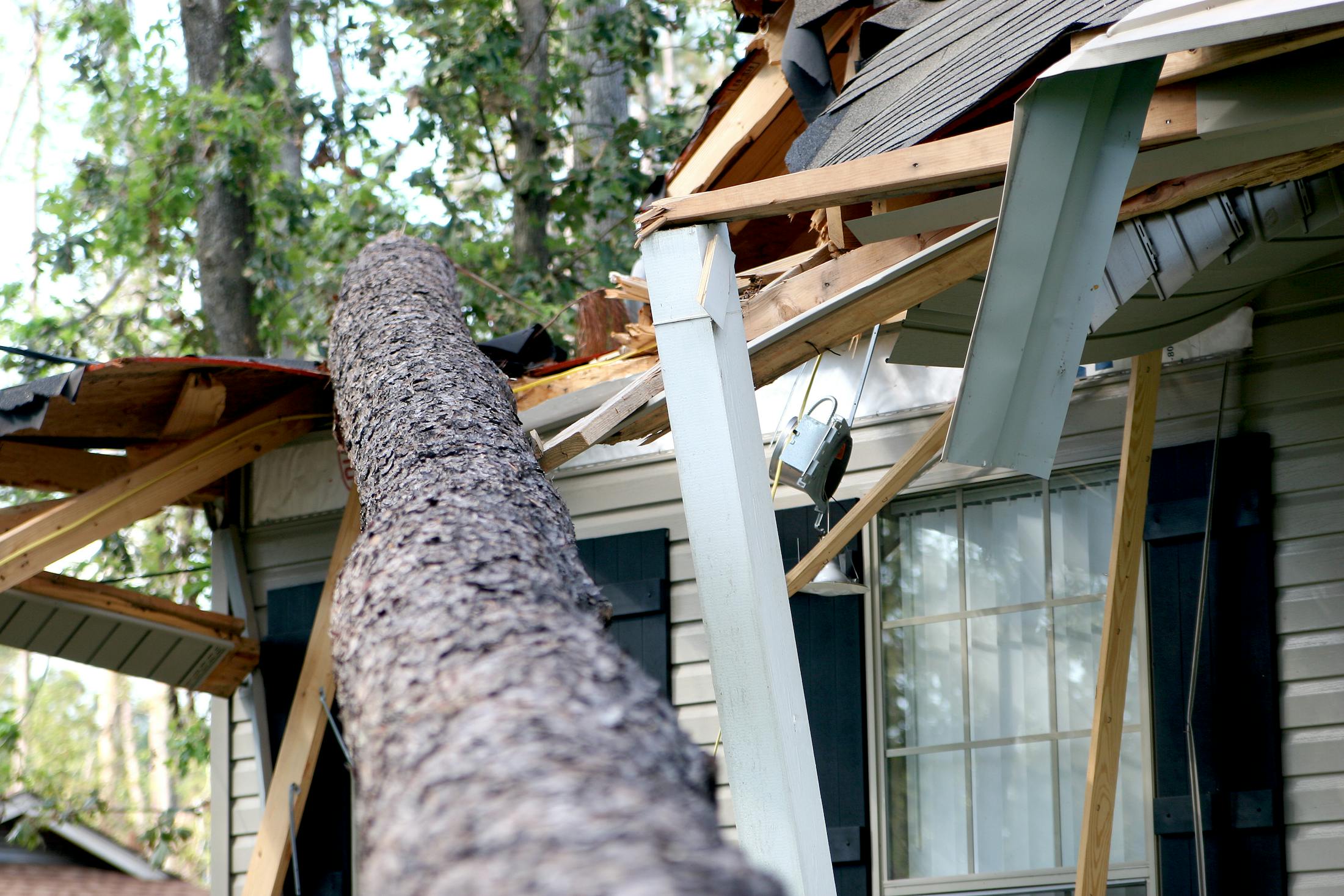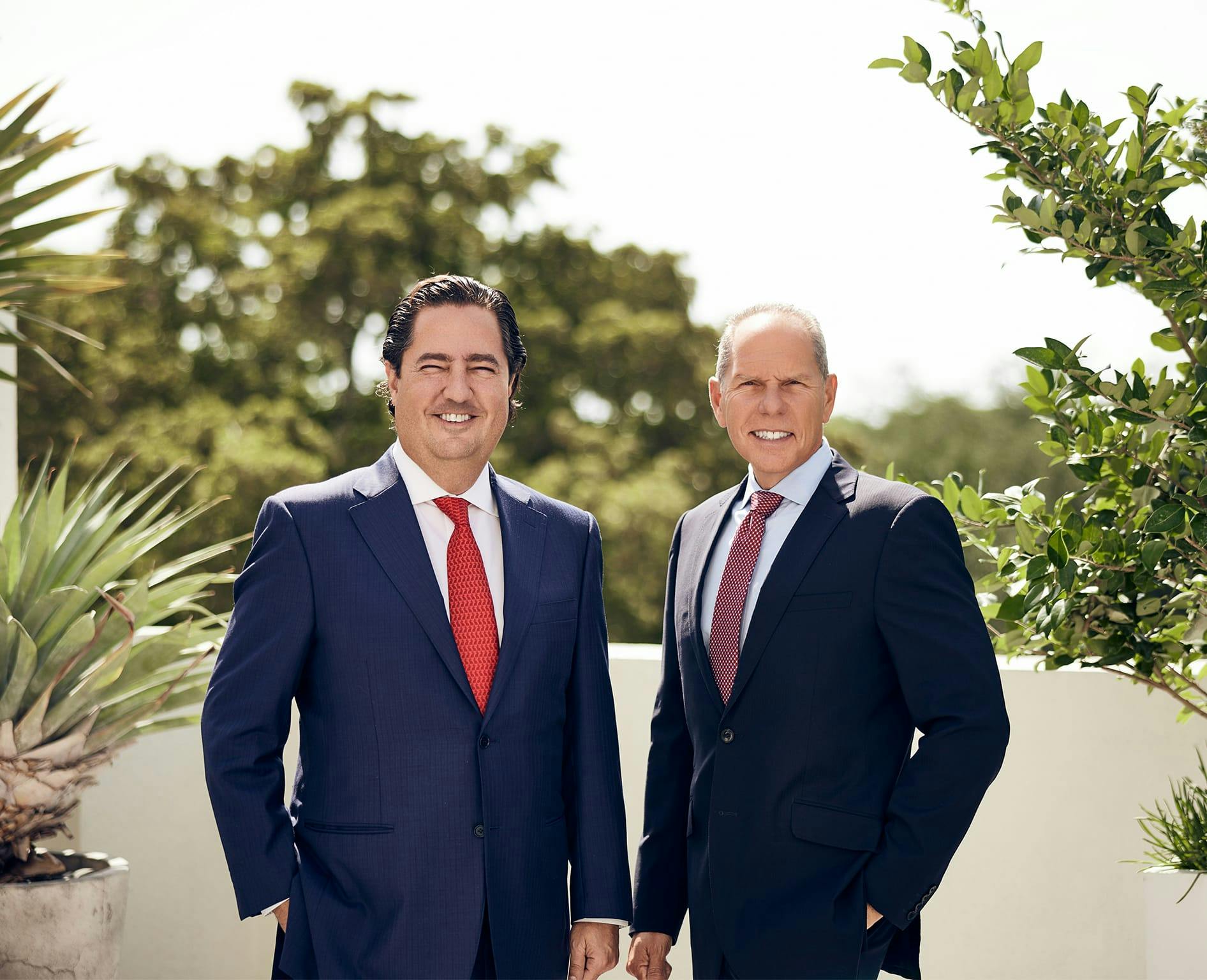Hurricanes often leave devastating destruction in their wake, causing extensive damage to homes and property. Facing the aftermath, such as navigating insurance claims, can be overwhelming. A hurricane damage claims lawyer can be your advocate during this challenging time.
Types of Hurricane Damage
Hurricanes pose significant threats due to the various types of damage they can inflict on properties and infrastructure:
- Wind damage is a primary concern during these powerful storms; intense winds can tear off roofs, shatter windows, and topple trees onto structures and power lines. This not only compromises the integrity of buildings but also creates hazardous conditions for residents and emergency responders.
- In addition to wind, water damage from heavy rainfall and storm surges often leads to extensive flooding. Flooding can cause extensive damage to property and belongings, leading to mold growth and health risks even after waters recede. Wind and water combined effects can severely compromise structural integrity, resulting in foundation issues and wall collapses. This damage can render homes and businesses uninhabitable, necessitating major repairs or reconstruction.
- Another common consequence of hurricanes is debris impact. Flying objects propelled by high winds—such as tree limbs, signage, and building materials—can cause significant harm to buildings, vehicles, and infrastructure. These debris impacts can break windows, puncture walls, and create additional entry points for water, exacerbating internal damage.




